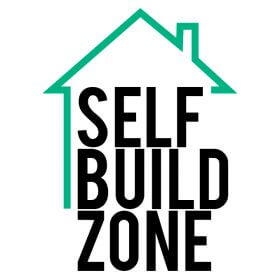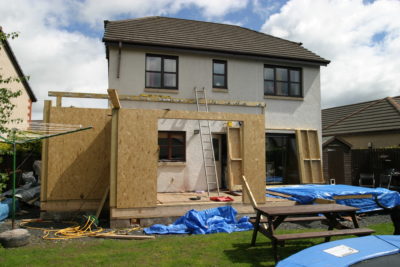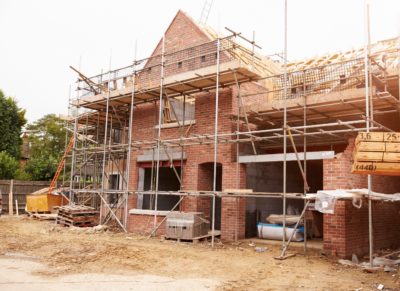Who Should Complete Building Control?
Building Regulations approval (more commonly known as building control) covers the health and safety of occupants and is necessary to ensure new homes and extensions are safe, well built, energy efficient and meet the government standards required.
You can use a private-sector approved inspector or the local authority to make sure you meet the required standards. Like most things, there are good and bad and – although most will do the job of building control reasonably well – you do need to appreciate they don’t have to attend site and you can’t sue them.
Having said this, we at Self Build Zone have not come across one that has not at least attended the foundation dig and pour.
A certificate will be issued at the end, noting that as far as can be reasonably ascertained, the project meets the Building Regulations – and that is all that it means. It does not admit to having carried out a certain number of inspections or at specific stages or indeed that the project complies with Building Regulations. Like it or not, that is your responsibility!
A more comprehensive inspection regime
Building control is a requirement and a checking exercise. The body carries very little liability. It is a must have and is often misinterpreted as the magic certificate. But be aware that building control is not your own personal quality check – it often happens that a project that passes doesn’t meet your own expectations.
Top tips:
|
However, there is another more far-reaching inspection regime available: purchasing a 10-year structural warranty. This can be integrated with building control to create a complete warranty system, providing real added value. So your warranty inspector also acts as the building control one.
Combining structural warranty and building control
When you purchase a 10-year structural warranty, technical audits (TAs) are required by insurers as they are covering the risk.
As part of the process they will check for compliance with the policy conditions and the quality of the build; it goes far beyond just achieving compliance with Building Regulations. Professionals who carry out technical audits (which could possibly include approved inspectors) assume liability for the work they do and are therefore answerable in law.
Recently, there have been some well publicised problems that approved inspectors have had with their own professional indemnity (PI) insurance. This is because of the unwillingness of insurers to provide the required level of PI insurance, without which they cannot act as an approved inspector or be a building control body.
This means it’s important to make sure whoever is used for technical audits has a PI policy covering them for technical auditing as opposed to building control inspections. Firms such as Build-Zone Survey Services will only use inspectors who have the correct cover in place.
In conclusion
For building control there is no recourse against the local authority or building control body.
However, if technical audits for structural warranty purposes are carried out, then whoever does this is liable for the works instructed.
A 10-year structural warranty is still worth buying even if there is no lender involved. It’s certainly far better than relying on just an architect’s certification (which only covers for
six years and relies on proving negligence, therefore it will not cover you for any defective workmanship).
Some lenders have only just realised this and will not accept it anymore. So try not to be bamboozled into it because it seems cheaper.
| Paul Kempton is managing director of Self-Build Zone and Build-Zone Survey Services. The company provides site insurance and structural warranties, offering full risk cover for self builds, renovations, conversion and extensions. For more information visit Self-Build Zone |






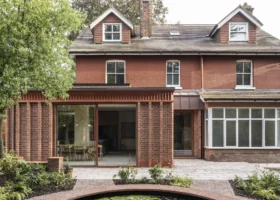





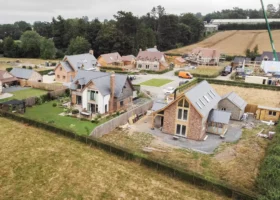




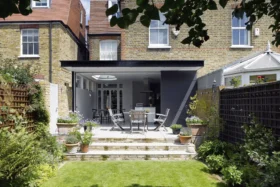
















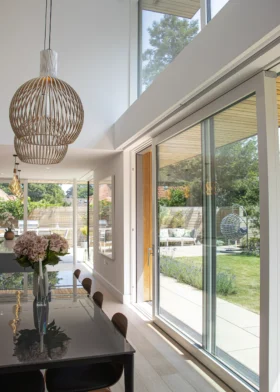










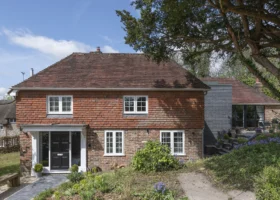







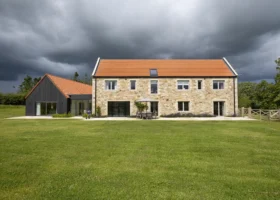






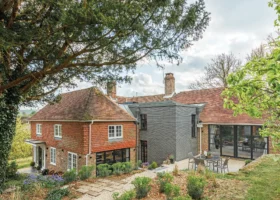


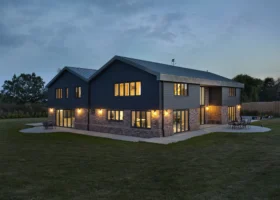


































 Login/register to save Article for later
Login/register to save Article for later
